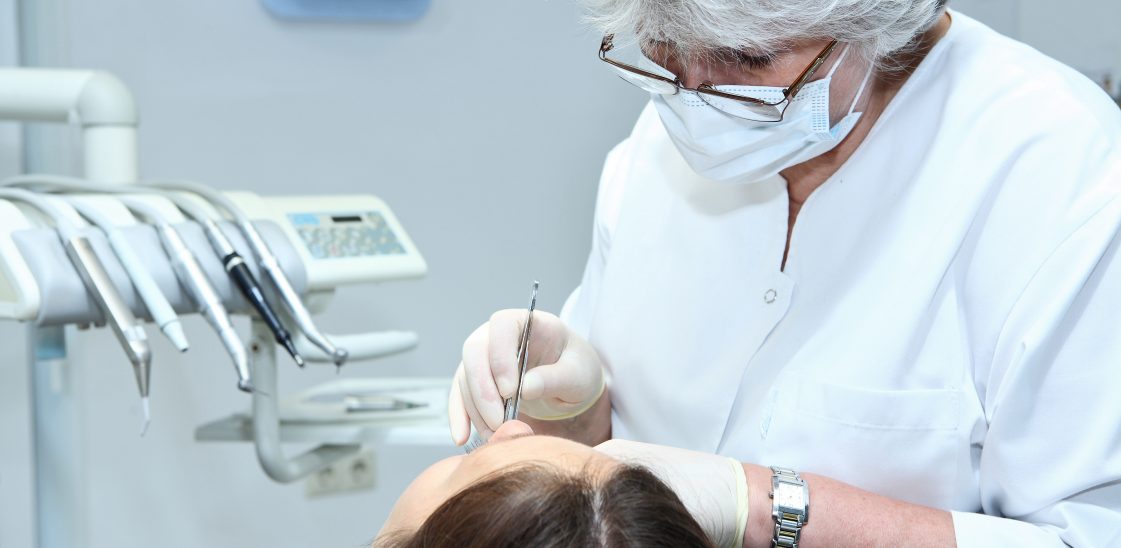
How long does dental anaesthetic last?
If you need to have dental surgery, you may be wondering what to expect. Whether you’re having a wisdom tooth removed, a cavity filled or more complex treatment, it can help to be clued up on what will happen. In this blog post, we will explore what you can expect when it comes to dental anaesthetics. We’ll outline how long different types of anaesthetic take to work and how long they usually last.
Please note that if you have any questions or concerns about the specifics of your treatment, you should contact your dental team for advice.
How long does dental anaesthetic take to work?
As we discussed in our previous article on dental anaesthetics, two types of anaesthetics are used in dentistry: local and general.
- Local anaesthetic
The majority of patients undergoing dental surgery will have a local anaesthetic. This type of medicine is usually given as a one-off injection and it numbs a small area of the mouth. It is suitable for a variety of routine dental procedures, such as extractions, fillings and root canals.
Local anaesthetic normally take effect within a few minutes. However, in some cases, it may take up to 30 minutes to work. In these situations, your dentist may ask you to return to the waiting area while your mouth is numbing.
You will know it has worked when you have lost sensation in the part of your mouth that will be treated. This means that you won’t be able to feel any pain, though you may feel some pressure. Your dentist will only begin the procedure once they’re sure that the treatment area is completely numb[1].
- General anaesthetic
In dentistry, general anaesthetic is reserved for very complex or lengthy procedures, or surgeries involving patients with dental phobia or anxiety.
Unlike local anaesthetics, general anaesthetics cause patients to lose consciousness. These medicines can be given as an injection into a cannula or as gas to breathe in. You will experience some light-headedness as you start to go under. This is perfectly normal.
General anaesthesia works in as little as one to two minutes. You will be fully unconscious once it takes effect. This means that you won’t feel any pain or discomfort during your procedure. And once you wake up, you will have no memory of your surgery[2].
How long can dental anaesthetic last?
How long your dental anaesthetic lasts will depend on the type of medicine you’ve had.
If you have a local anaesthetic, the loss of sensation and numbness may persist for a few hours after surgery. You should start to regain feeling gradually soon after your procedure. As the numbness subsides, you may start to feel a tingling sensation. Within about two to four hours, full sensation should return[1].
To aid manage pain and aid recovery after your procedure, you can take painkillers such as paracetamol and ibuprofen. You can also follow self-care tips for relieving dental pain, such as eating soft foods and using hot and cold compresses. You may find it useful to have a DenTek First Aid Kit at home, which contains eugenol, in case you require a temporary remedy for relieving pain and preventing infection[3].
If you have a general anaesthetic, an anaesthetist will ensure that you continue to get the anaesthetic throughout your operation. Once your surgery is finished, they will stop the anaesthetic and you’ll gradually regain consciousness.
Exactly how long it takes to ‘wake up’ will depend on a number of factors, including the dosage given and your age. You may come round in as little as five to 10 minutes. However, in some cases, you may stay unconscious for 20 minutes or more. Even when you regain consciousness, it’s normal to feel groggy, drowsy and confused for several hours.
Painkillers are usually administered into your veins by an anaesthetist before you wake up so that you feel comfortable when you come round. However, if you need additional pain medication in the recovery room, you should let a nurse know[2].
You may find that you need painkillers to manage the pain in the hours and days following your procedure. For mild pain, paracetamol or ibuprofen should be enough. If your pain is moderate or severe, however, your medical team may advise you to take codeine, tramadol or morphine in addition to paracetamol.
You should always follow the aftercare advice provided by your medical team.[3]
Resources:
[1] https://www.nhs.uk/conditions/local-anaesthesia/




